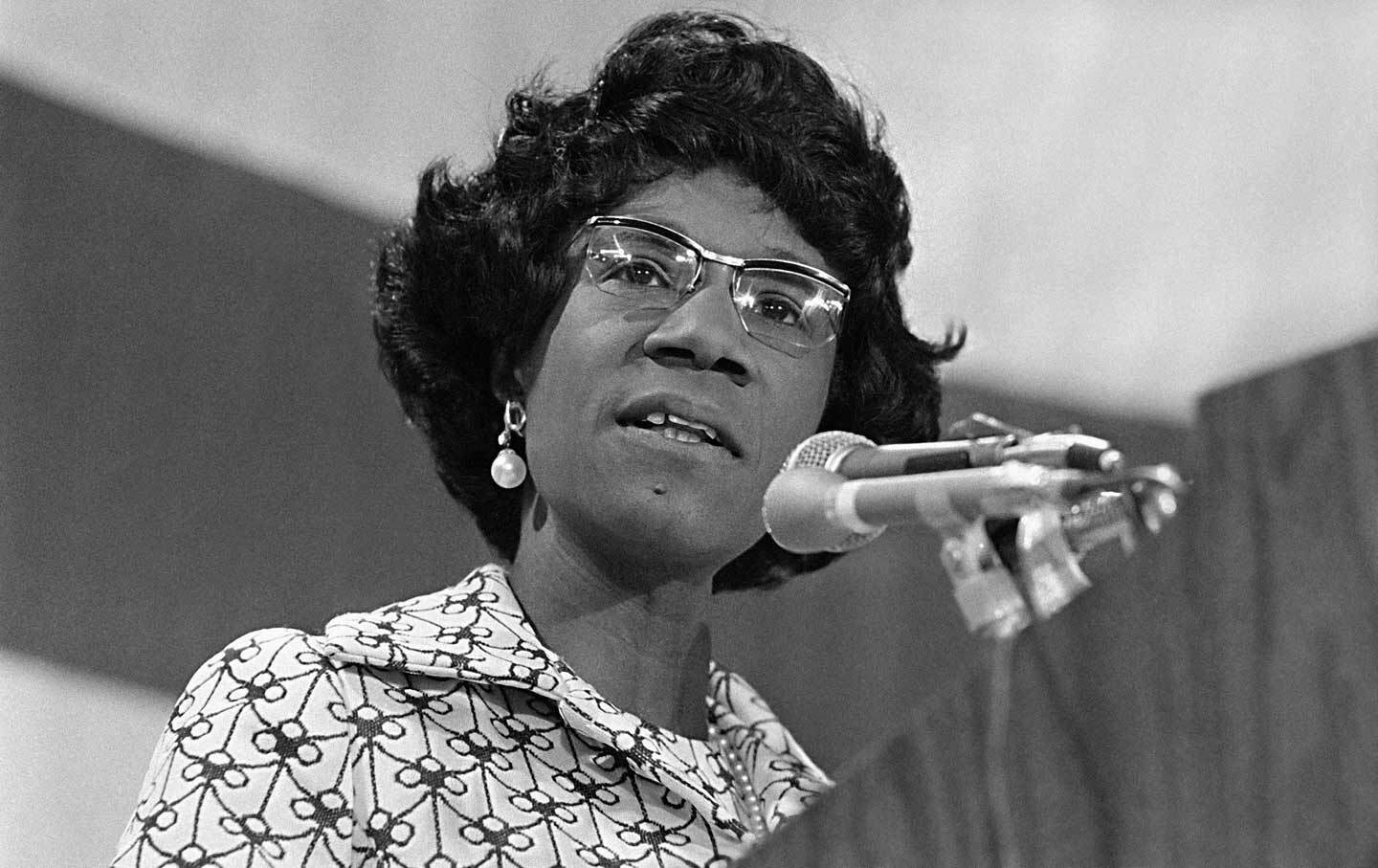
In a world often dominated by conventional narratives and familiar faces, Shirley Anita Chisholm emerged as a beacon of trailblazing courage and indomitable spirit. As the
Related Blogs
Meet Shirley Chisholm: The First Black Woman in Congress Revealed!
-
406 Views 0 Comments 0 Likes 0 Reviews

In a world often dominated by conventional narratives and familiar faces, Shirley Anita Chisholm emerged as a beacon of trailblazing courage and indomitable spirit. As the first African American woman elected to the U.S. Congress in 1968, she shattered glass ceilings with a charisma that resonated far beyond her Brooklyn roots. With her iconic slogan, Unbought and Unbossed, Chisholm not only challenged the status quo but also ignited a movement that would inspire generations to come. Her journey from the classrooms of New York to the hallowed halls of Congress is a testament to resilience against adversity and an unyielding commitment to equity.
Chisholm's impact was not confined solely to legislative achievements; she redefined what it meant to be a politician in an era rife with social upheaval. Facing challenges on multiple fronts—race, gender, and class—she stood firm in her belief that representation matters and that diverse voices are crucial for true democracy. This article delves deeper into Chisholm's remarkable legacy, exploring how her pioneering efforts paved the way for future leaders who continue to fight for justice within the walls of Congress today. Join us as we celebrate this formidable figure whose vision transcends time and continues to resonate in our ongoing quest for equality.Shirley Anita Chisholm made history as the first Black female Congresswoman, breaking barriers in a political landscape that had long marginalized voices like hers. Elected to represent New York's 12th Congressional District in 1968, she didn't just enter the U.S. Congress—she transformed it. With her pioneering spirit and unyielding determination, Chisholm advocated for the underrepresented and reshaped discussions around race and gender within American politics. Her famous tagline, Unbought and Unbossed, was not simply a slogan; it represented an ethos of independence that resonated with many who felt disenfranchised.
Chisholm’s legacy extends beyond her legislative accomplishments; she inspired a generation of Black leaders to pursue positions of influence in government. The sheer audacity of her presidential campaign in 1972 paved the way for future candidates who might have once deemed such aspirations unattainable due to systemic barriers. She challenged not only racial inequality but also sexism within both the Democratic Party and society at large, demanding representation for women where men often dominated discussions. Shirley Chisholm isn’t merely a name etched into history books; she remains a beacon for those advocating equity today, proving that true leadership requires courage to disrupt the status quo.In conclusion, Shirley Anita Chisholm's legacy as a trailblazer in American politics continues to inspire future generations. Her relentless pursuit of equality and justice broke barriers for women and people of color, paving the way for greater representation in government. Chisholm's candidacy for the presidency in 1972 served not only as a landmark moment in political history but also as a powerful statement about the importance of diversity in leadership. As we reflect on her contributions, it becomes evident that her vision for an inclusive society remains relevant today. Let us honor her memory by actively engaging in the political process and advocating for the voices that still need to be heard.

